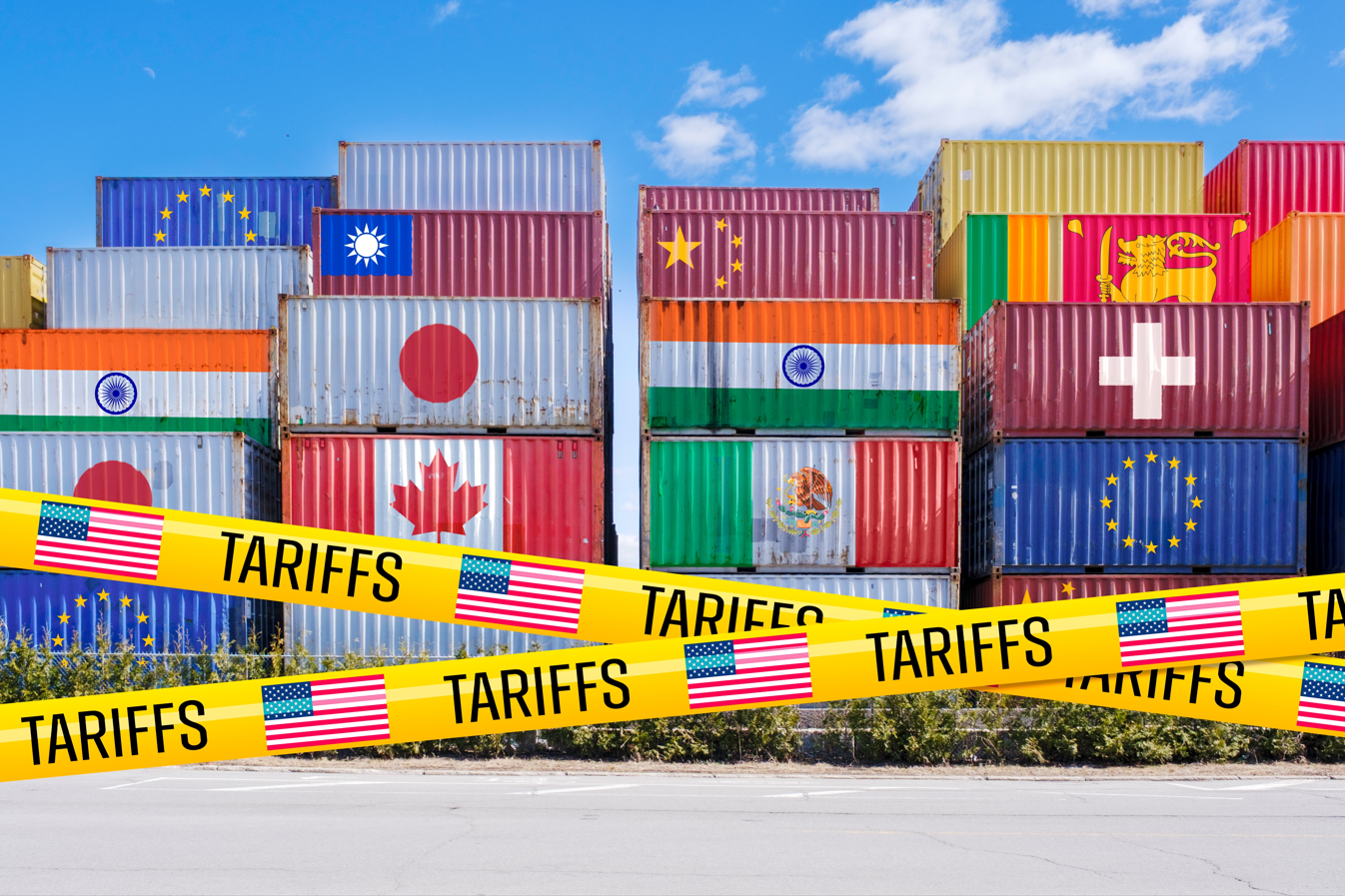
Zhou Xiaoming, Former Deputy Permanent Representative of China’s Mission to the UN Office in Geneva
Aug 12, 2025
Prohibitive penalties on the poorest countries threaten to destabilize these fragile economies and deprive tens of millions of poor people of their livelihoods. Trump’s tariffs are not only unjustified, but also immoral. And this is just the tip of the iceberg.
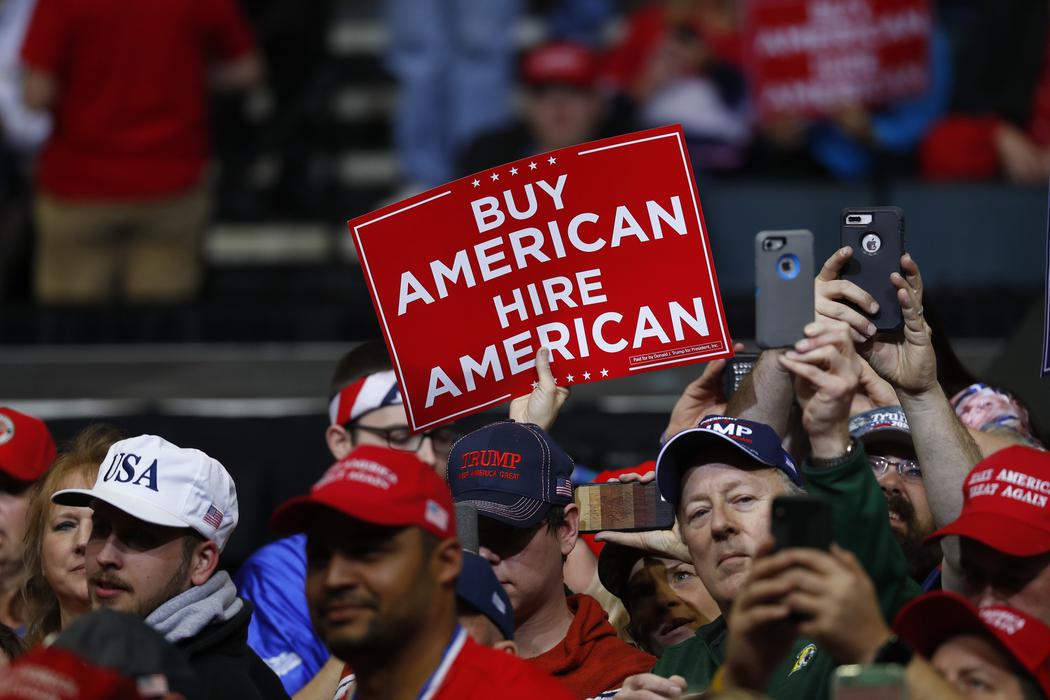
Richard Javad Heydarian, Professorial Chairholder in Geopolitics, Polytechnic University of the Philippines
Aug 08, 2025
The second Trump administration has combined aggressive diplomatic engagement with a confrontational trade policy that alienates allies and risks triggering a global recession, despite legitimate concerns about America’s industrial decline. While Trump's trade agenda aims to restructure global commerce to favor U.S. interests, its unilateral execution and failure to build a coalition undermine its effectiveness and may isolate the U.S. rather than restore its manufacturing strength.
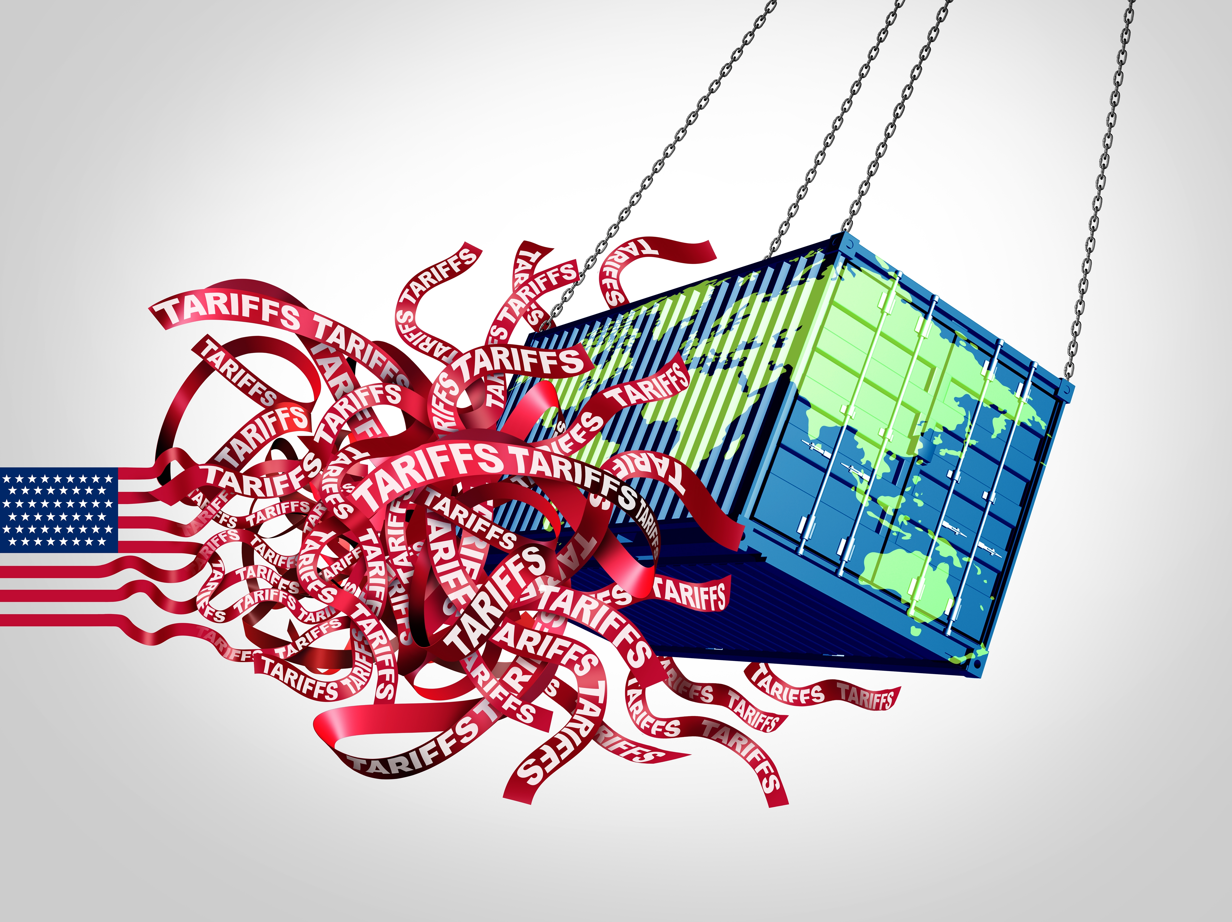
Alicia Garcia Herrero, Chief Economist for Asia Pacific at NATIXIS and Senior Fellow at Bruegel
Aug 04, 2025
The U.S.’ expanded tariffs under the second Trump administration are reshaping global supply chains by imposing steep, targeted duties and pressuring Asian economies to invest in American production. As manufacturing shifts away from China and its neighbors, countries like Mexico may benefit, while India risks being left behind.

Emmanuel Guerin, Fellow and Special Adviser to CEO at European Climate Foundation
Bernice Lee, Distinguished Fellow and Special Adviser, Chatham House
Aug 01, 2025
Earlier this year, the Chinese firm CATL, the world’s largest battery-maker, unveiled an electric-vehicle (EV) battery capable of delivering a remarkable 520 kilometers (323 miles) of driving range after just five minutes of charging. The announcement came a month after BYD, China’s leading EV manufacturer, launched its own ultra-fast charging system. In solar, too, the numbers are staggering: Chinese firms can now produce over 1,200 gigawatts of solar panels annually.
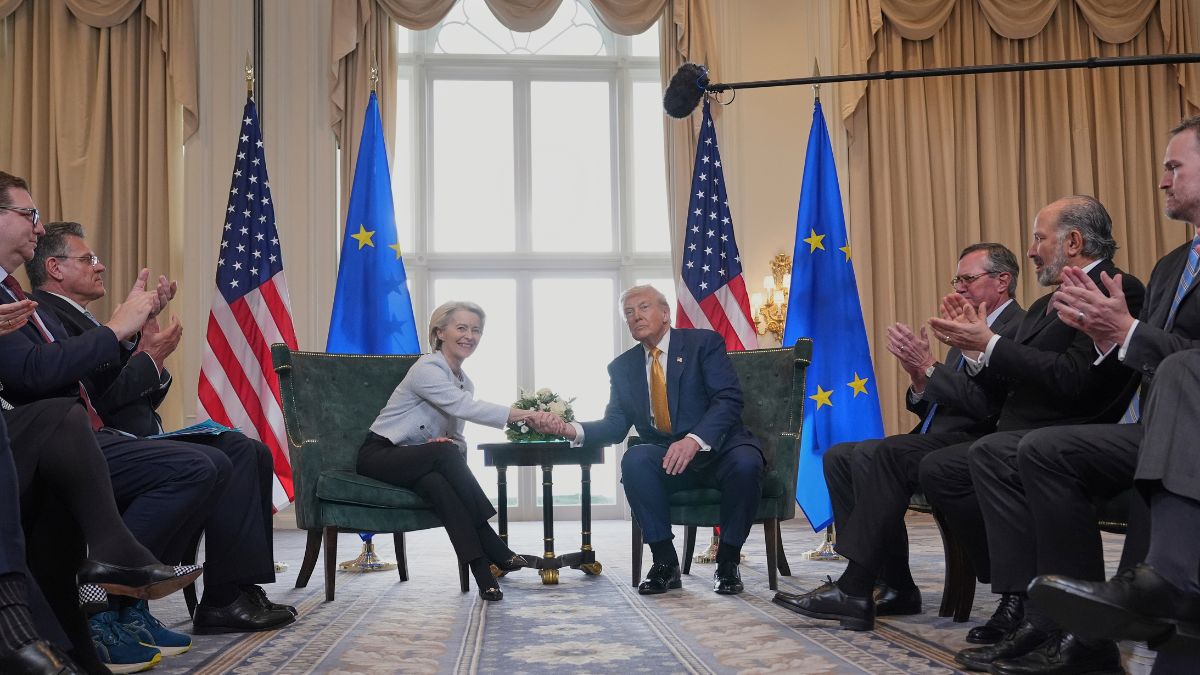
Zhang Monan, Deputy Director of Institute of American and European Studies, CCIEE
Jul 30, 2025
The EU and U.S. have agreed to a tactical cease-fire, not a strategic settlement. As long as Europe pursues strategic autonomy and Washington replaces rules-based multilateralism with transactional deals, fresh disputes are inevitable.
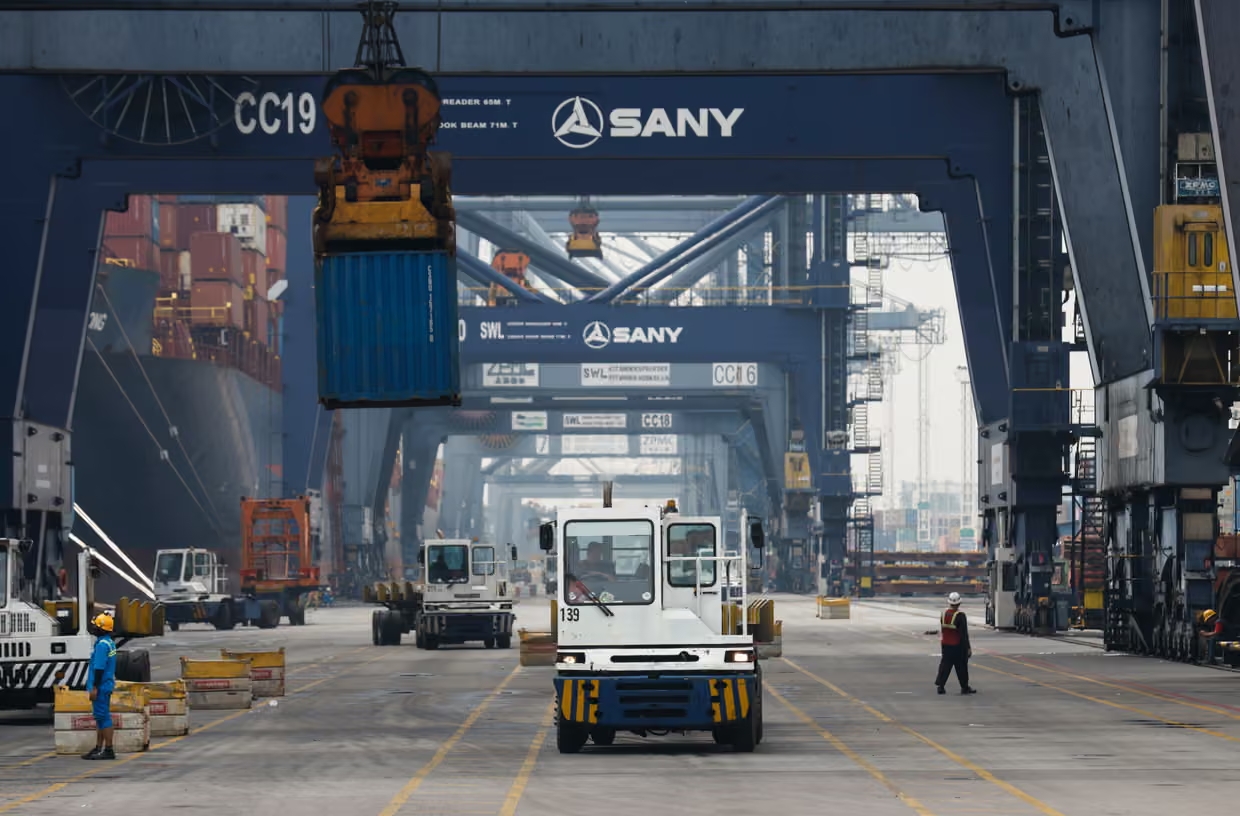
Lili Yan Ing, Secretary General of the International Economic Association, Lead Adviser at Economic Research Institute for ASEAN and East Asia
Jul 28, 2025
Be careful what you wish for, lest it come true. That ancient proverb comes to mind when considering the eagerness of America’s trade partners around the world to negotiate deals with US President Donald Trump’s administration. Four countries already have, with Indonesia the latest to do so – and possibly the first to regret it.
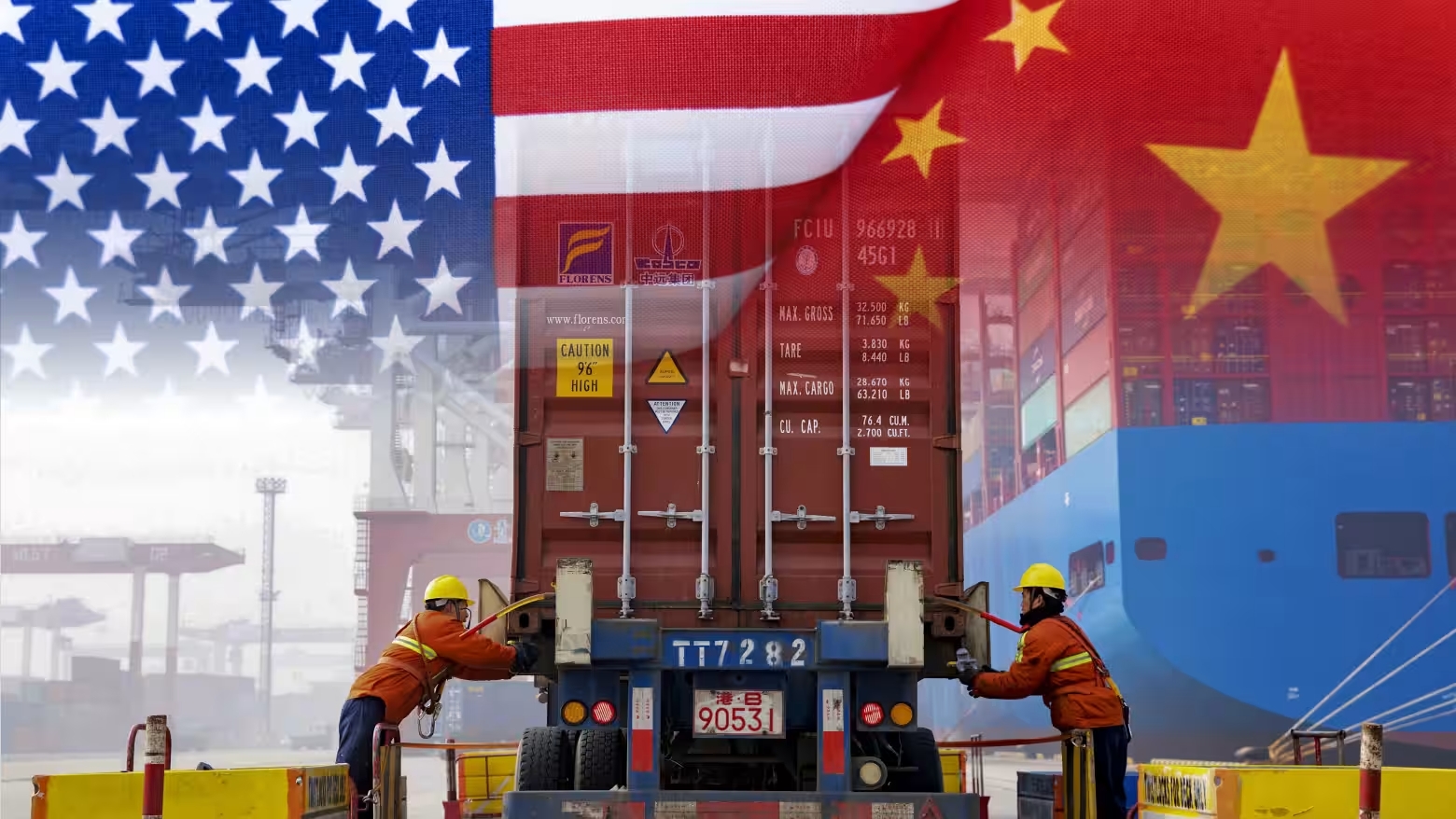
Sujit Kumar Datta, Former Chairman of Department of International Relations, University of Chittagong, Bangladesh
Jul 28, 2025
The intent of the United States was to coerce China into making concessions. But this didn’t work. China was only inspired to reach out to other trading partners and become more independent through home-grown technological development.
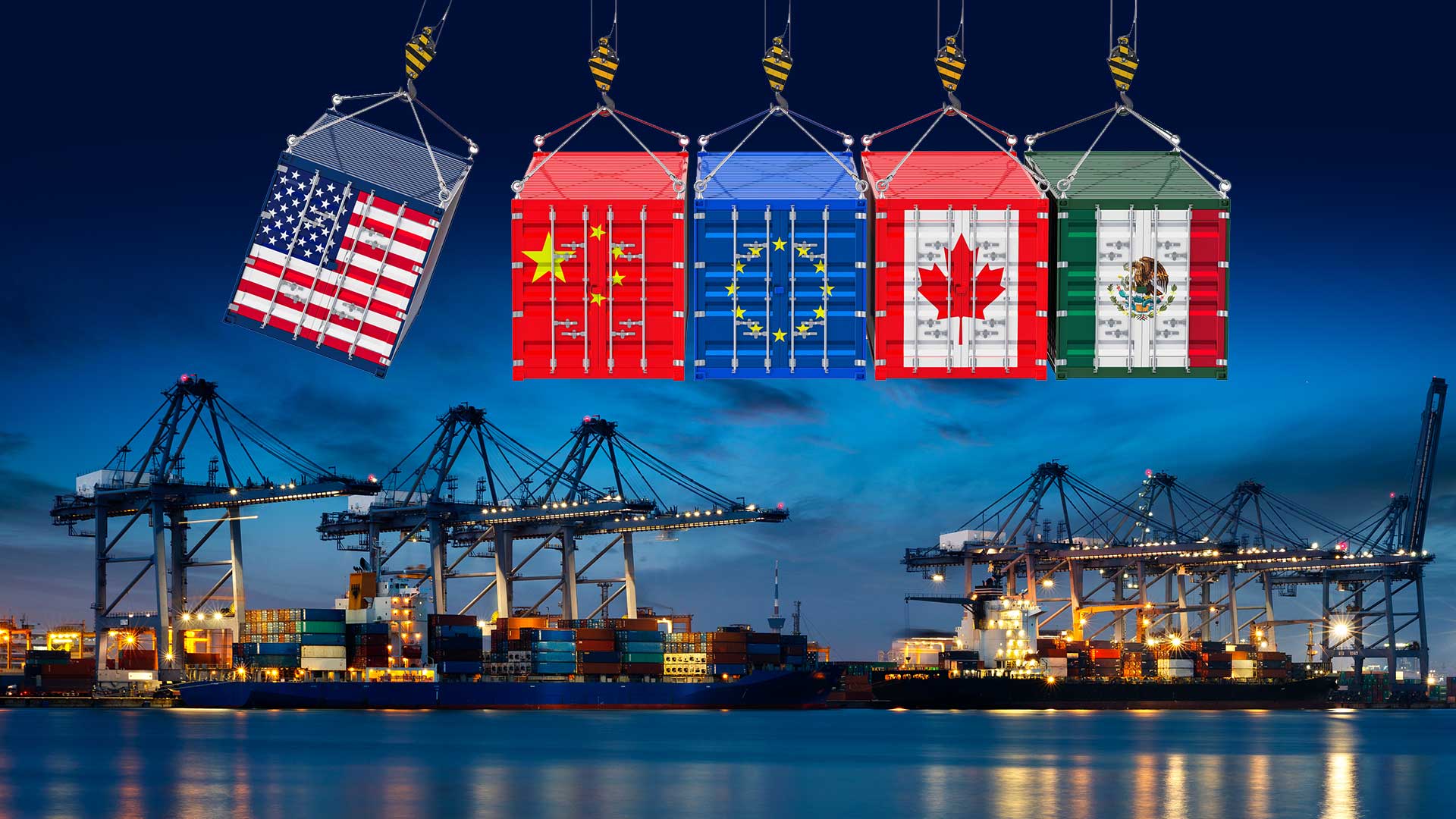
He Weiwen, Senior Fellow, Center for China and Globalization, CCG
Jul 28, 2025
The current deglobalization policy of the Trump administration in the form of tariffs, as well as its disregard for multilateral rules, will only lead to a slowdown in American economic growth. It will undercut the country’s technology advantages and hurt American families.
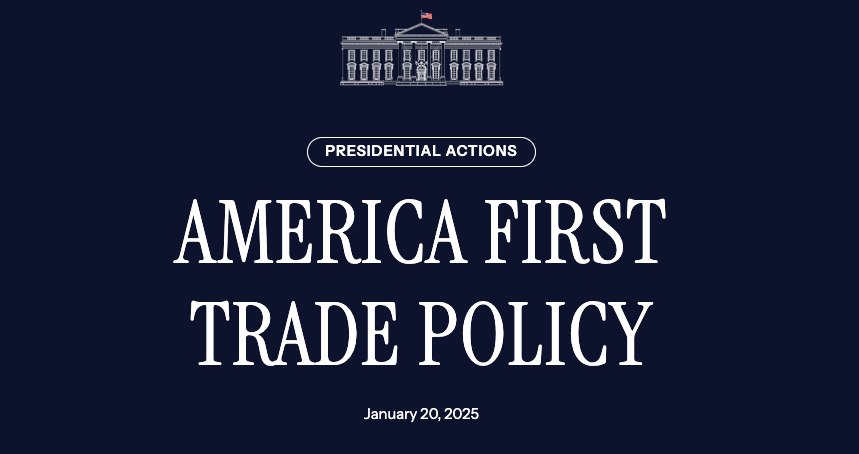
Brian Wong, Assistant Professor in Philosophy and Fellow at Centre on Contemporary China and the World, HKU and Rhodes Scholar
Jul 25, 2025
Trump’s ‘America First’ protectionist tactics are supposed to create advantages for the U.S. in trade and freeze out China in theory, but expect that the world needs America’s consumers to continue. New connections forming amid the trade war could mean instead, the U.S. is left out in the cold.
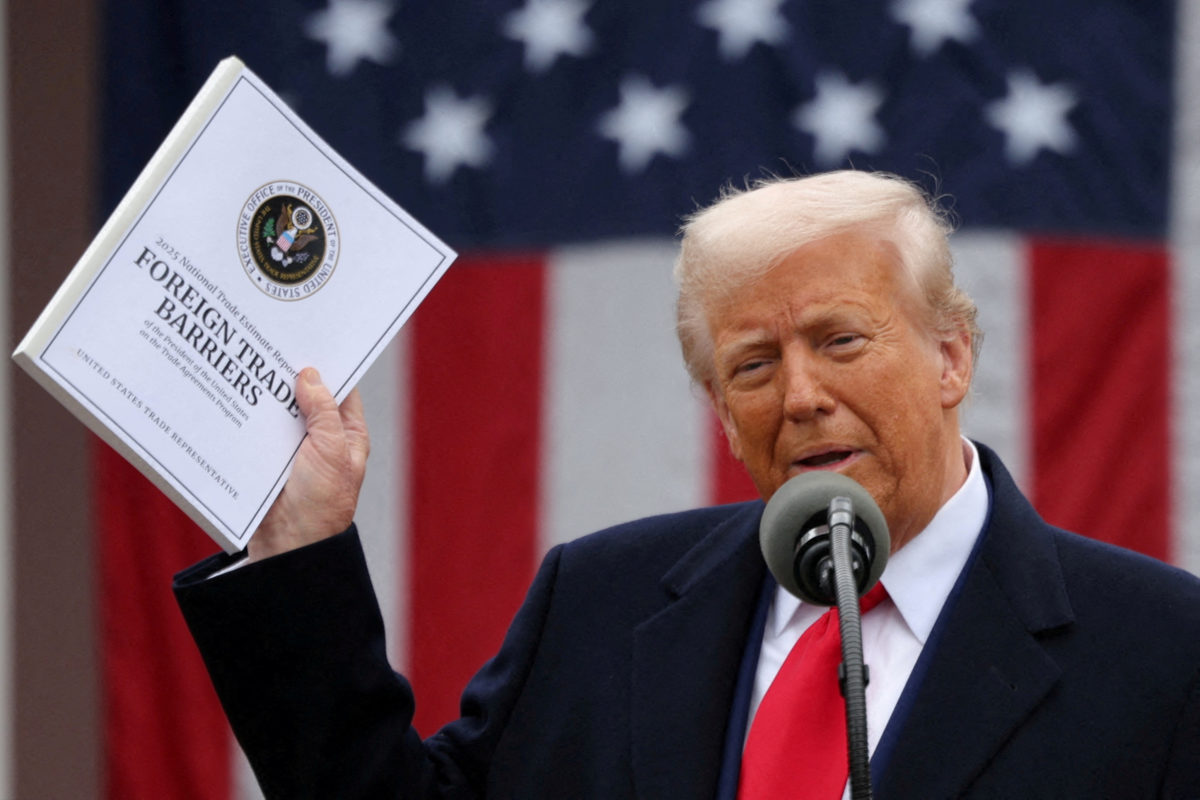
Brian Wong, Assistant Professor in Philosophy and Fellow at Centre on Contemporary China and the World, HKU and Rhodes Scholar
Jul 04, 2025
Global trade is evolving, not ending, as structural limits on U.S. protectionism and the rise of regional agreements beyond U.S. influence sustain economic integration. While the U.S. remains the dominant power, the U.S.-centric trade regime is gradually declining.
Back to Top

- China-US Focus builds trust and understanding between the U.S. and China through open dialogue among thought leaders.
- Our Offerings
- Topics
- Videos
- Podcasts
- Columnists
- Research Reports
- Focus Digest
- Stay Connected
-
Thanks for signing up!
- Get the latest stories from China-US Focus weekly.